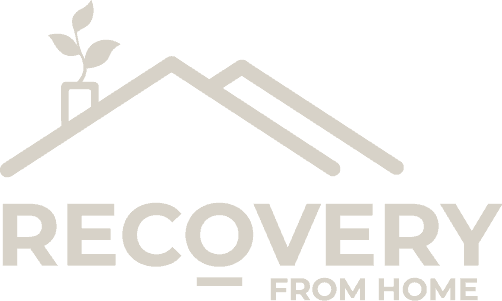How To Recognize High-Functioning Addiction
High-functioning addiction is a form of substance abuse where individuals maintain outward appearances of success while secretly battling dependency. These individuals often excel in their careers, sustain relationships, and fulfill daily responsibilities, making it challenging to recognize the problem
Identifying the Signs of Substance Abuse Across Generations
Substance abuse and addiction are complex issues that can affect individuals of all ages and backgrounds. As a society, we often associate these problems with specific age groups or stereotypes, but the reality is that no one is immune to the clutches of substance dependency. In this comprehensive article, I will delve into the telltale signs of substance abuse across generations, shedding light on the unique challenges and manifestations that each age group may face.
The Science of Food Addiction and How to Manage It
The allure of a freshly baked cookie, the irresistible pull of a cigarette, or the overwhelming desire for a drink - these intense urges, known as cravings, are a universal human experience. But what exactly happens in our brains and bodies when we crave something? And more importantly, how can we effectively manage these powerful impulses?
The Allure of Drug Use as a Path to Self-Discovery
The idea of using substances to alter consciousness and gain new perspectives is not a modern phenomenon. Throughout history, various cultures have incorporated psychoactive plants and compounds into spiritual and healing practices. From the use of peyote in Native American rituals to the consumption of ayahuasca in Amazonian shamanic traditions, humans have long sought to transcend ordinary states of awareness through chemical means.
Emotional Triggers of Drug Use and Substance Abuse
The journey into substance use is rarely a straightforward path. Instead, it’s often paved with complex emotional experiences, emotional triggers, unresolved traumas, and an intricate interplay of genetic and environmental factors. Understanding why individuals turn to drugs requires a deep dive into the human psyche, exploring the emotional landscape that can make substance use seem like a viable coping mechanism.











